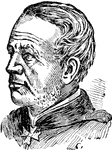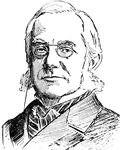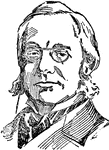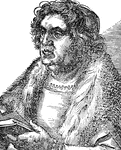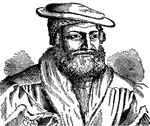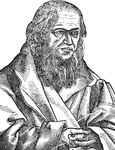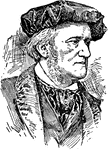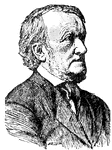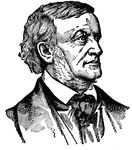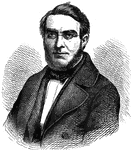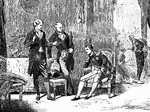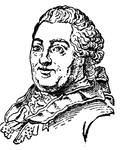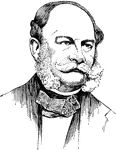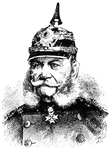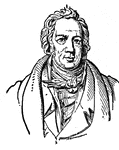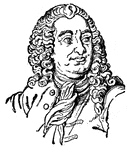The Famous German Persons ClipArt gallery offers 113 illustrations of important German royalty, politicians, artists, and clergy.

Martin Luther
"Martin Luther was born at Eisleben in 1483. He was the son of a poor miner, had entered the Augustinian…
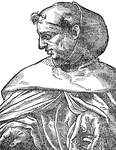
Albertus Magnus
Albertus Magnus was also known as Albert of Cologne and Saint Albert the Great. Magnus was a great German…
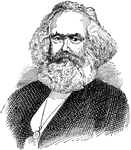
Karl Marx
A German revolutionary who argued the idea of communism in his novel The Communist Manifesto.
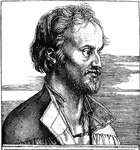
Philip Melanchthon
This is an engraved portrait of Philip Melanchthon who was a German Professor and Theologian. He was…
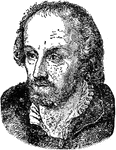
Philipp Melanchthon
A German theologian and writer of the Protestant Reformation and an associate of Martin Luther.
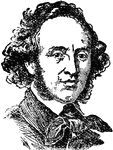
Mendelssohn
A German composer of the early Romantic period. he is often considered the greatest child prodigy after…
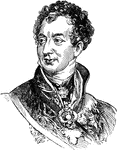
Prince Metternich
A German-Austrian politician who was a critical character before and during the Congress of Vienna.

Helmuth von Moltke
Count von Moltke was the field marshal and chief of the staff of the German army.
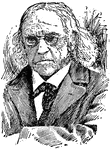
Theodor Mommsen
(1817-1903) German historian and archaeologist most celebrated for his work with Roman history.
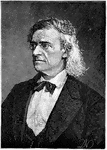
Theodor Mommsen
Christian Matthias Theodor Mommsen (30 November 1817 – 1 November 1903) was a German classical scholar,…
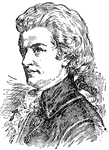
Wolfgang Amadeus Mozart
(1756-1791) German composer of the Classical era. Some of his most famous works are The Marriage of…
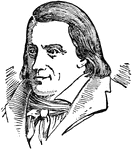
Johann Heinrich Pestalozzi
A German educator and educational reformer, born in Zurich, Switzerland, Jan. 12, 1746; died in Brugg,…
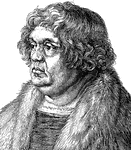
Wilibald Pirkheimer
This is an engraved portrait of Wilibald Pirkheimer a wealthy prominent figure in Nuremburg, Germany.…
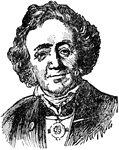
Leopold Ranke
A German historian, frequently considered the founder of "scientific" history. Ranke set the tone for…
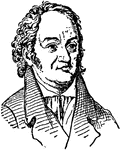
Jean Paul Richter
Johann Paul Friedrich Richter (1763-1825) German humorist; born in Wunsiedel, North Bavaria. He published…
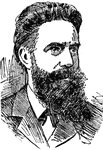
Wilhelm Röntgen
(1845-1923) German scientist she produced and detected electromagnetic radiation in a wavelength range…
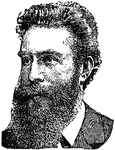
William Roentgen
A German physicist, of the University of Wurzburg, who, on Nov. 8, 1895, produced and detected electromagnetic…
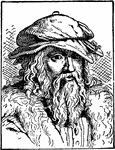
Georg Rollenhagen
A German poet; born in Bernau, Germany, April 22, 1542. His great work is the remarkable heroic comic…
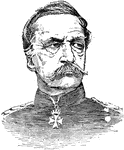
Albrecht von Roon
A Prussian solider who was one of the leading figures in Prussia's government during the unification…
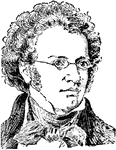
Franz Schubert
An eminent German musical composer, born in Vienna, Austria, Jan. 31, 1797; died Nov. 19, 1828.
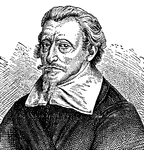
Heinrich Shuetz
A German composer and organist, generally regarded as the most important German composer. He wrote one…
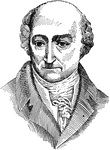
Baron vom Stein
A Prussian statesman who was instrumental in paving the way for the unification of Germany. He was forced…
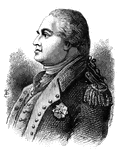
Baron von Steuben
"Baron von Steuben, a trained German soldier, who had been a pupil of Frederick the Great, joined the…
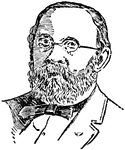
Rudolf Virchow
A German doctor, pathologist, prehistorian, biologist and politician. He is credited as the first to…
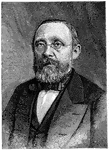
Rudolf Virchow
Rudolf Ludwig Karl Virchow (13 October 1821 – 5 September 1902) was a German doctor, anthropologist,…

Helmuth Karl Bernhard Graf von Moltke
Helmuth Karl Bernhard Graf von Moltke (October 26, 1800 - April 24, 1891) was a German Generalfeldmarschall.…
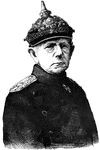
Helmuth Karl Bernhard Graf von Moltke the Elder
Helmuth Karl Bernhard Graf von Moltke (26 October 1800, Parchim, Mecklenburg-Schwerin – 24 April 1891,…
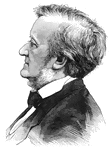
Richard Wagner
A German composer and dramatist born in Leipzic, May 22, 1812, the youngest of nine children, died in…
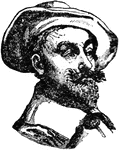
Albrecht Wallenstein
An eminent German soldier, born in Hermantz, Bohemia, Sept. 14, 1583; assassinated at Eger, Feb. 25,…
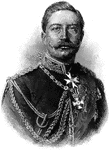
German Emperor Wilhelm II
Wilhelm II (27 January 1859 – 4 June 1941) was the last German Emperor and King of Prussia (German:…

William I
The king of Prussia and emperor of Germany, born in Berlin, March 22, 1797; died March 9, 1888.
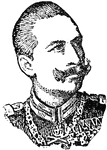
William II
The king of Prussia and emperor of Germany, eldest son of Emperor Frederick III. born in Berlin, Jan.…
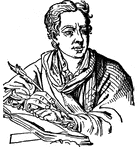
Johann Joachim Winckelmann
(1717-1768) German archeologist and art historian. Author of History of the art of Antiquity.
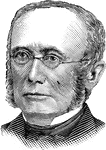
Herr Ludwig Windthorst
Ober-Appellationsrath in Kalbe and minister of justice at Hanover and finally chief syndic of the crown…
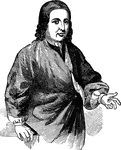
Nicolaus Ludwig Zinzendorf
Nikolaus Ludwig von Zinzendorf und Pottendorf, Imperial Count of Zinzendorf and Pottendorf, (May 26,…
